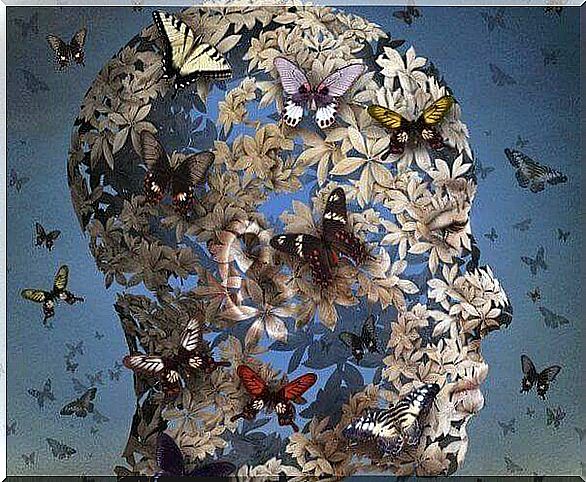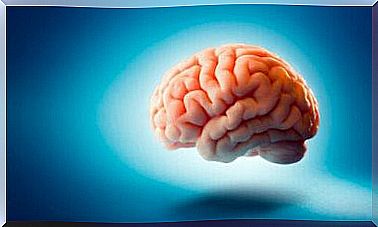The Fantastic Emotional Brain Of Strong People

Strong people know that no one is immune to suffering. They understand that when there are times of darkness and desperation, there are two possibilities: to perish or to overcome the problem and to struggle with the strategies that are available. Because life is fantastic if you are not afraid.
Would you like to know how strength is defined in physics. It’s about the quality of materials to withstand pressure; to be able to fold easily and then be able to regain its original shape. Strength in psychology also has another dimension: what we allow ourselves to believe.

Strong people have brains that have learned to deal with stress
The concept of strength is something that began to be used in the 40’s in child psychology. They tried to understand how children found solutions to the problems they find in their environment.
For a long time it was believed that the strength had a genetic origin, in other words, the person who suffered from post-traumatic stress for a large part of his life passed on this “gene” to his children, which made them more vulnerable and gave them greater difficulties in life.
The theory of a genetic origin has slowly been abandoned and the focus has instead been on psychosocial and neurological factors.
An example of this is a study done by Dennis Charney at the University of Monte Sinai and Sten Southwick at the University of Yale, where they showed how the brain works in people who are strong and weak, respectively.

Neurological origin of strength
There are people who adapt much better to situations of stress.
- The source of this may be a more effective control of hormones such as adrenaline, norepinephrine and cortisol.
In the event of a threat, these three neurotransmitters occur in the brain, but when the threat disappears, these substances also disappear in strong people. On the other hand, in people who are not as strong, they linger.
- The brains of strong people are also characterized by a balance when it comes to dopamine. This topic that is related to reward is not so badly useful for meeting threats.
One thing to keep in mind is that in situations of chronic stress and anxiety, the body stops releasing dopamine, and it therefore becomes more difficult to handle a situation.

One aspect we must not forget is that strength is a skill and therefore something we can train. In order for our brain to find this neurochemical balance, it is important that we can manage our emotions.
Becoming strong is a process and something you should learn in school. Martin Seligman, the father of positive psychology, has started an interesting program in various schools, which has given good results.
These are the top tips for developing your strengths.
- Never let yourself be depressed by your own emotions as if they were paralyzing shackles. Imagine that you have an inner emotional compass that helps you control your mind.
- Be yourself and do not try to please the whole world. Trying to be second to none will draw you further from your own interests, from your own balance.
- Try not to look too negatively at the environment nor positively in an unrealistic way. Try to look at things objectively and understand that adversity is a part of life.
- Focus on the here and now, the important thing is the present: do not expect things that have not yet happened and do not ponder over things that have happened.
- Help others and let others help you. Take care of your social relationships and form positive bonds that can help you grow as a person.










